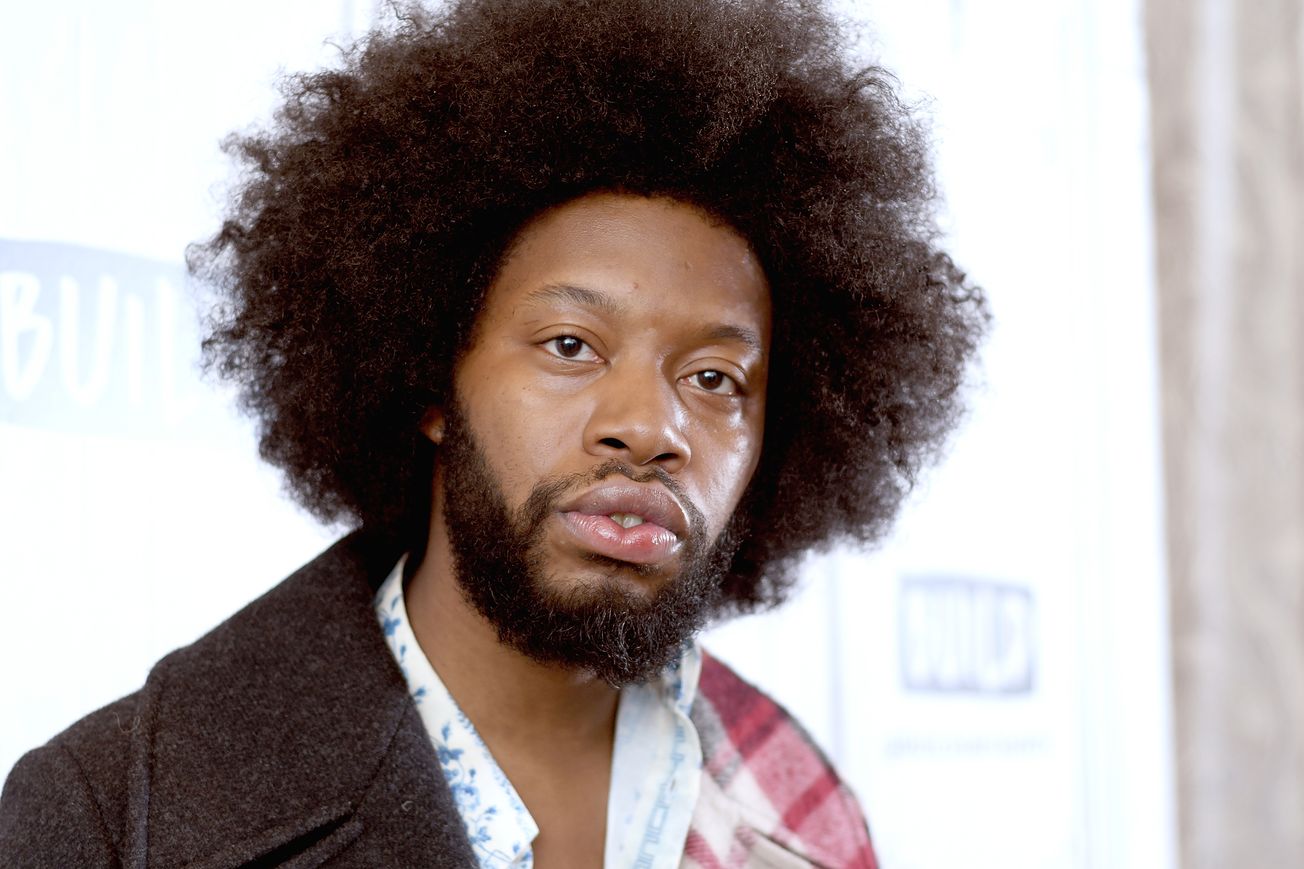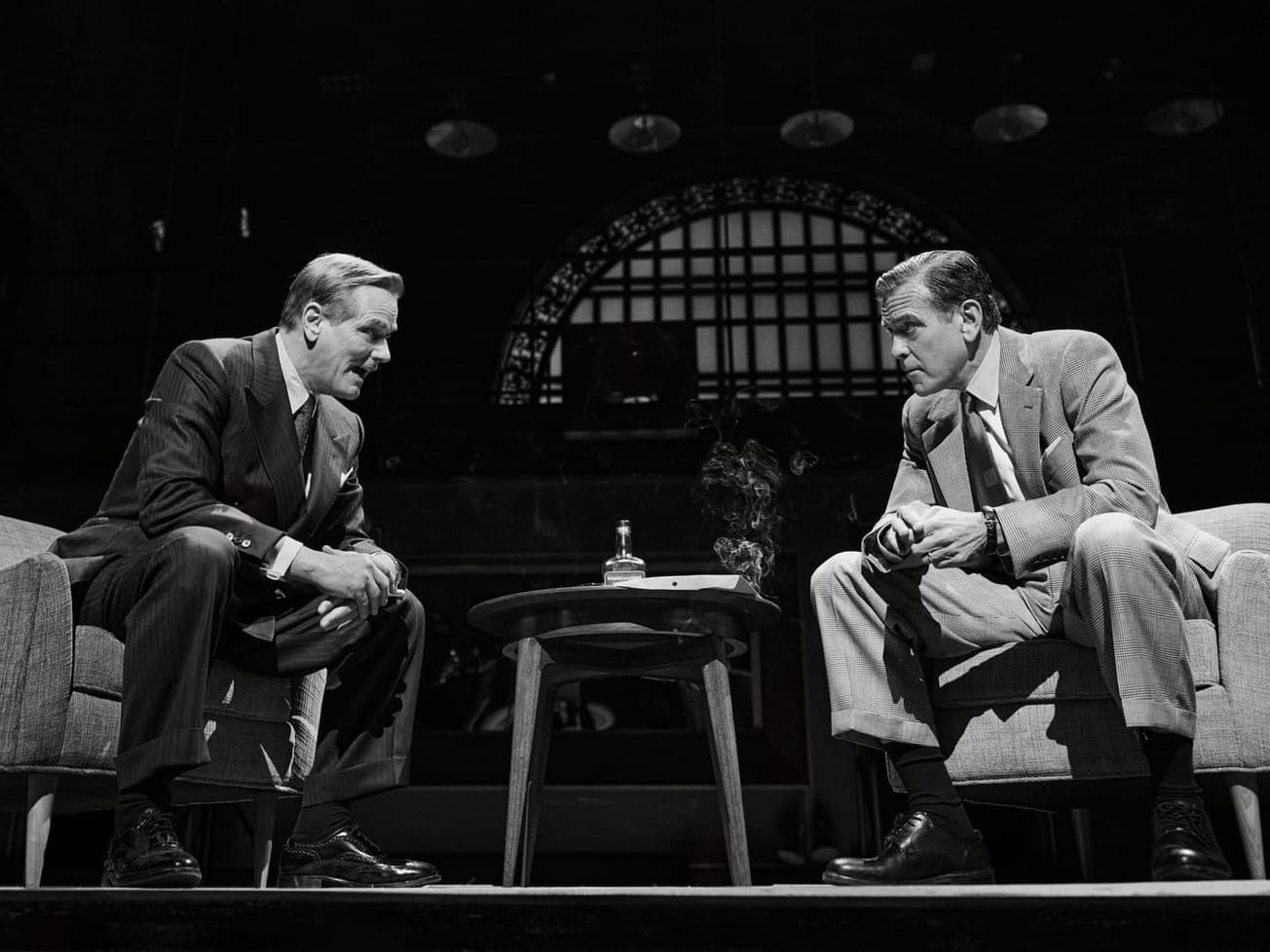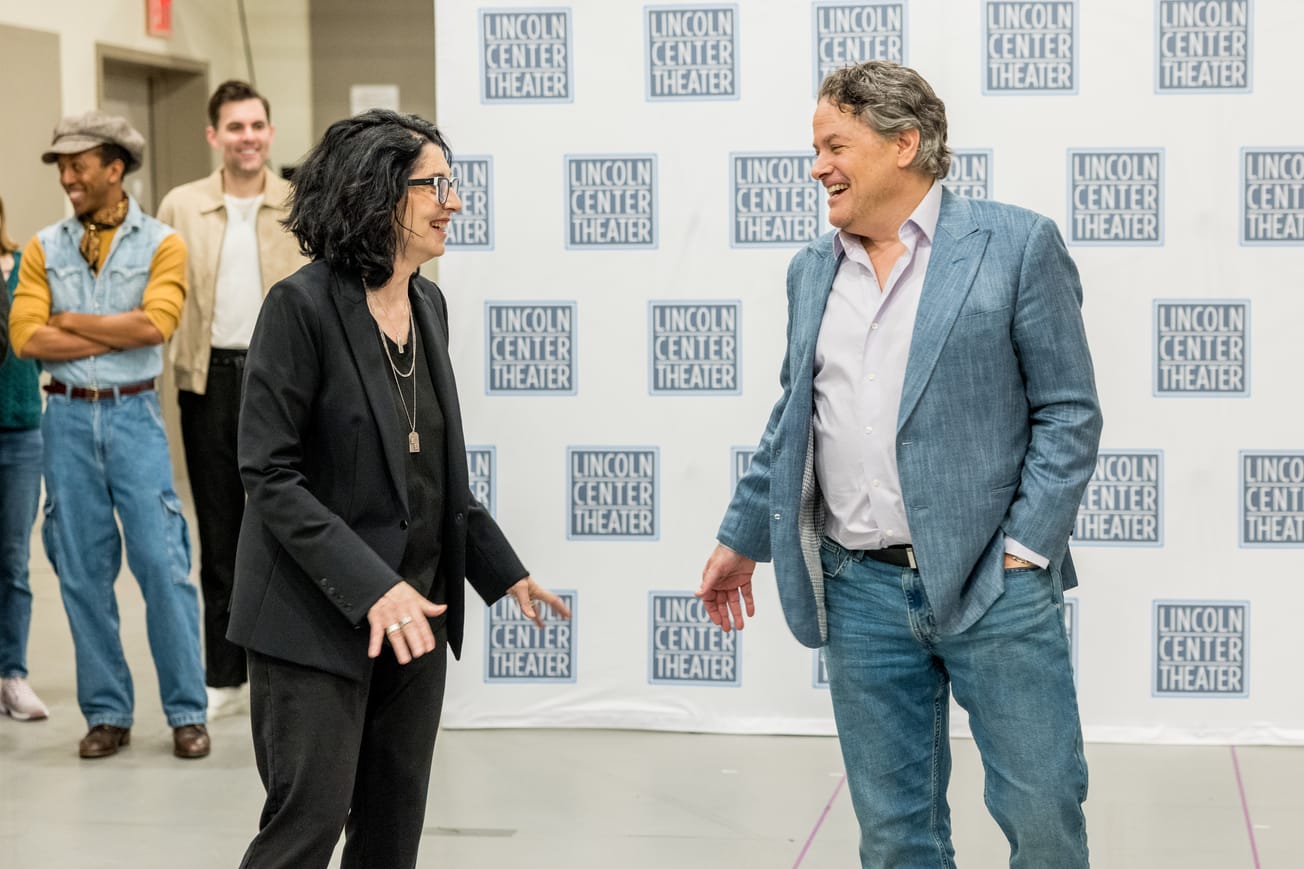In 2019, Jeremy O. Harris made his Broadway playwriting debut with “Slave Play” at the Golden Theatre.
The work itself drove conversation on Broadway, and so did the playwright, on Twitter and elsewhere. Harris spoke out about the need for theater to be more daring, to show points of view that have not been seen on stage and to be more inclusive and welcoming to new theatergoers, both in terms of pricing and in terms of audience makeup. In September, “Slave Play” hosted a “Black Out” performance, reserving nearly all of the seats in the theater for black audience members.
Because of his drive to push conversation on and conventions around Broadway, the Broadway Briefing, the theater industry newsletter owned by the publisher of Broadway News, selected Harris as the 2019 Broadway Showperson of the Year. This honor is presented to “the person or persons who most influenced Broadway this year.”
In the Briefing, Jake Gyllenhaal, whose company is a producer of “Slave Play,” wrote about how Harris is changing the landscape:
When giving advice to young playwrights, Tennessee Williams once said, “Don’t bore the audience.” Now, it would be easy to interpret that advice as a statement about flash and glamour, but it’s not. Williams knew that in order to move an audience — to feeling, to discomfort, to change — they must first be entertained. And if there’s anyone working in theater today that understands the relationship between risk, revolution and entertainment, it’s Jeremy O. Harris.
I first saw “Slave Play” when it was Off-Broadway at New York Theatre Workshop, and it didn’t take long to realize that we were dealing with a piece that was wholly original. I could hear the audience squirming in their seats around me. Were we laughing because it was funny? Or because we needed a release from our discomfort? Were we feeling pleasure (pleasure?!) or pain? The reactions were impossible to decipher, but it didn’t really matter. Jeremy — and the extraordinary group of actors on stage — had us entirely rapt. It was shockingly risky, what was happening on that stage, but it also felt, in some way, utterly proper — as if these were exactly the feelings a night in the theater should stir. I left that day with a need to discuss what I had just seen, and process — er, ruminate — the tangle of rage, desire, racism and repression that had unfolded on that small stage.
The ability to entertain is not, of course, too rare in the theater these days. But it’s what the playwright does with an engaged audience that separates the wheat from the chaff. Jeremy O. Harris knows how to get our attention, but he also knows what to do with it. With searing clarity and real courage, Harris has taken the bright light shining on him and turned it back onto the theater establishment itself. Theater is too white, too expensive, too afraid, too safe. One only need to look at the meta-play surrounding “Slave Play’s” turn at the Golden Theatre to see that a chord — a necessary one — has been decidedly struck.
Artists often talk about taking risks, but how much is actually at stake most of the time? To some, “Slave Play” is a brutal revelation. To others, it’s just brutal. And that’s OK. That difference, that friction, is the prize — uncomfortable as it may be. The fact that Jeremy had no choice but to go there, knowing full well he would alienate some of his audience, is a risk that most would be too scared to take. But it’s a risk that makes him an artist, and a true entertainer for our times.


























































